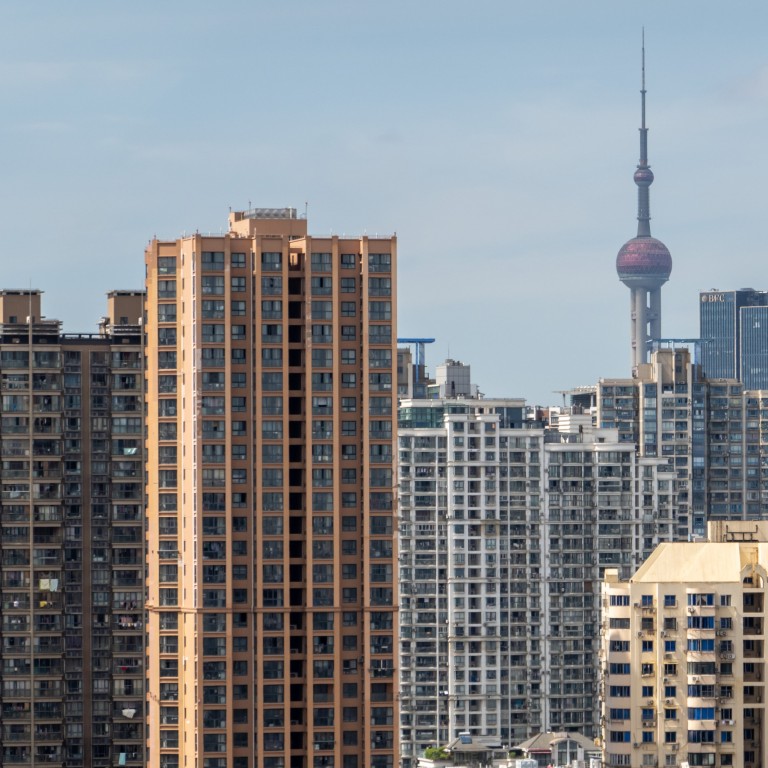
Shanghai’s housing market slump to worsen as wealthy owners cash out and leave mainland China on fears of worsening economy
- Some 135,400 pre-owned flats were up for sale at the end of October, an increase of 7.8 per cent from a month earlier, according to Fangdi.com.cn
- ‘More middle class people will leave the country in the coming years as they are increasingly worried about prospects for the economy,’ says one resident heading to Portugal
Some 135,400 pre-owned flats were up for sale at the end of October, an increase of 7.8 per cent from a month earlier, according to Fangdi.com.cn, the official website of the local housing administration bureau.
The number, based on local property brokers’ public information, was nearly 30 per cent higher than at the end of 2021.
The additional second-hand homes put up for sale have exacerbated bearish sentiment in the city’s property market. Worries have been mounting that a major policy shift after President Xi Jinping secured an unprecedented third term as leader of the world’s second-largest economy would eat into rich people’s nest eggs.
Eddy Zhou, a 48-year-old Shanghai resident, said he would dump his home worth more than 10 million yuan (US$1.4 million) as his family plans to emigrate to Portugal.
“A downward trend [in home prices] is taking shape and we will have to close deals as early as possible to avoid a further market downturn,” he said. “More middle class people in Shanghai and China will leave the country in the coming years as they are increasingly worried about prospects for the economy.”
Xi was reelected general secretary of the Communist Party’s Central Committee in mid-October, paving the way for him to implement his “common prosperity” policy which aims to narrow the wealth gap and curb private wealth accumulation.
Another homeowner who asked not to be identified said Beijing may levy a property tax soon, which could cost his family thousands of yuan a year.
Many homeowners with more than one flat will sell at least one in order to dodge the tax, he added.
According to the National Bureau of Statistics, prices of pre-owned homes in Shanghai dropped 0.4 per cent from a month earlier in October, the first time the city’s property prices have posted a month-on-month decline since November 2021.
Local brokers said owners would have to mark down their asking prices by 10 per cent to attract buyers.
Currently, a two-bedroom home in Shanghai’s downtown areas sports a price tag of about 100,000 yuan per square metre.
House prices in Shanghai have surged since the late 1990s, spurred by the city’s booming economy and inflow of professionals.
The market remained stable even after the mainland’s commercial and financial hub emerged from a two-month citywide Covid-19 lockdown on June 1.
But since September, landlords have had to offer a 5 to 10 per cent discount to lure buyers, according to You Liangzhou, who owns Baonuo, a property agency in Shanghai.
Sam Xie, head of research at CBRE China, said a relaxed zero-Covid policy could eventually put a floor under the city’s falling housing and home rental market.
“Foreign company executives and businesspeople will eventually return,” he said. “Buying interest [in second-hand homes] and home rental demand will recover by then.”


